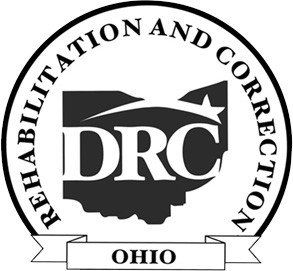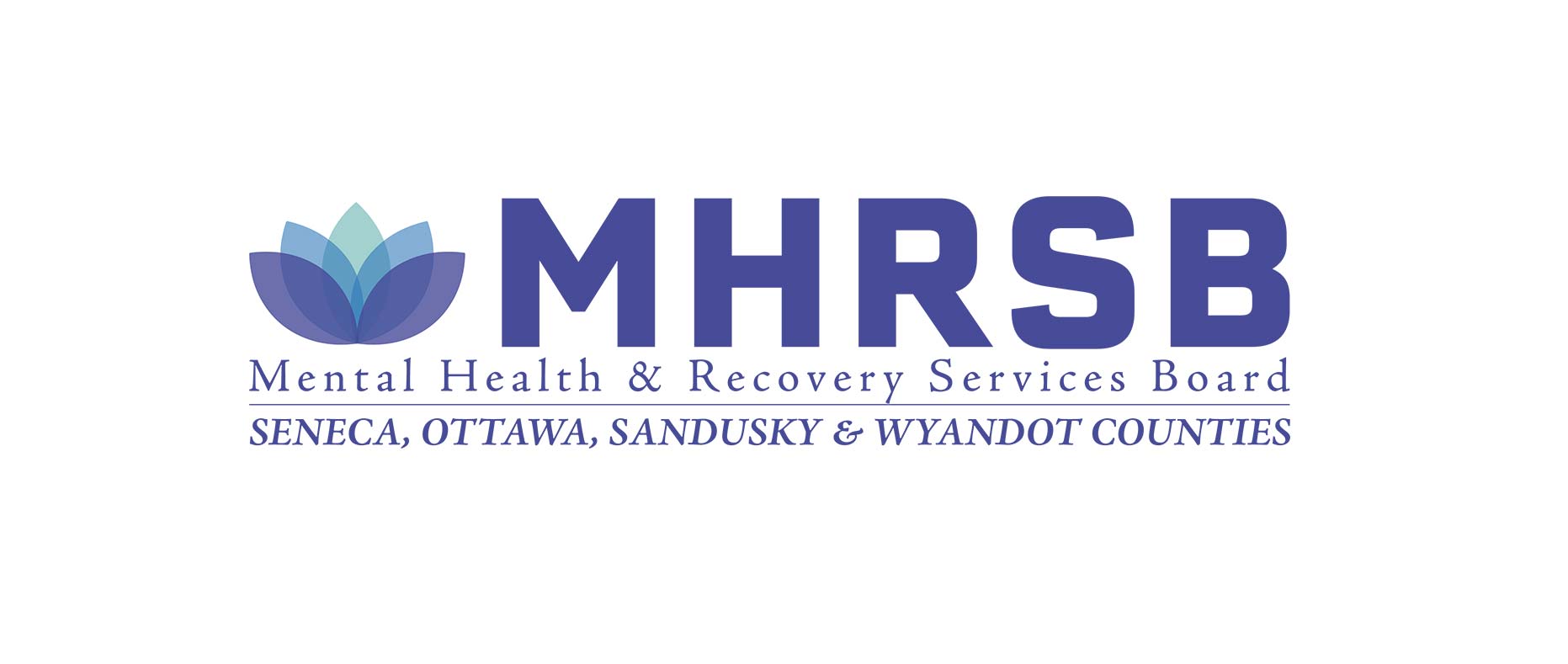Call Us Now!
The Canton phone number and intake phone number are currently not working,
for Canton please call (234)303-2627 for Intake please call (234)888-4022
Forensic Evaluations & Treatment Services
The Forensic Program provides forensic psychological evaluations and treatment for those involved in the legal system. Incarceration is not always the best outcome for a perpetrator with severe mental health problems in criminal cases. At Summit Psychological Associates, we work with the client, family members, and the legal community to help achieve the best outcome for all involved.
Our staff has specialized forensic training and knowledge that allows us to provide accurate and well-supported diagnoses and opinions to assist the courts in answering various psycho-legal questions. Clinicians maintain working relationships with various legal system representatives to find the appropriate solutions for our clients and the community.
For non-criminal cases, we provide evaluations to assist the court in making decisions regarding guardianship, civil commitment, child custody, and a range of psycho-legal questions.
-
Forensic Evaluations
We provide comprehensive psychological evaluations that assist in various legal proceedings. Some of which include:
- NGRI (Not Guilty because of Insanity)
- Competency
- Pre-sentence/Amenability to Treatment
- Intervention instead of Conviction
- Sex Offender Risk Assessment
- Violence Risk Assessment
- Parental Fitness Evaluation
- Guardianship
- Civil Commitment
-
Mental Health Treatment
We provide treatment for individuals involved in the legal system before incarceration, after release from incarceration, or instead of incarceration. Some of these include treatment programs for:
- Domestic Violence
- Anger Management
- Drug and Alcohol Treatment
- Mentally Ill Offenders
- Individuals with a history of sex offenses - Adult Male, Adult Female, Juvenile, Individuals with Developmental Disabilities
- Impulse Control Disorders
- Disorders of Addiction
- Paraphilias
- Personality Disorders
Conflict Solutions/Anger Management Programs
The Conflict Solutions Program is designed to reduce domestic violence and general anger and rage events. The program is available in 10 or 26-week courses. These courses help identify the factors leading to outbursts of anger and violence and provide strategies for preventing future occurrences. The curriculum is presented in a group format, and participants are taught to relate what they learn to their daily lives. Summit Psychological Associates offers separate courses for men and women.
While participation in the Conflict Solutions Program can be voluntary, individuals partaking in the course are often ordered by the court system. Whether voluntary or involuntary, there are rules for participation. Upon completion of the program, each participant receives a certificate of completion and recommendations for continued care.
While the class formats are similar, topics may differ based on gender. Our services are confidential, and no record of treatment or diagnosis will be released to any source without prior written authorization.
Some common program topics include:
- Ohio Laws
- Domestic Violence
- Menacing by Stalking
- Assault
- The Cycle of Violence
- Abusive Behaviors vs. Healthy Alternatives
- Thinking Errors
- Children and Violence
- Relapse Prevention
Domestic violence often includes a pattern of abuse that occurs in a cycle and can consist of harm and abuse that escalates in seriousness with each incident. The cycle of domestic violence often includes several predictable phases:
- Violence or Abusive Incident
- Making Up
- Honeymoon or Calm Phase
- Tension Building
People abuse one another in many ways that may not violate the state law and may not be physical but are still abuse. Abuse may also be emotional, verbal, financial, or sexual. Our conflict solutions classes can help both men and women break the cycle of abuse.
Sex Offense Treatment
Sex Offense Evaluations and Programming for adults and adolescents, males and females. Although we primarily provide services to offenders on parole or probation, we also offer treatment to individuals without current legal involvement.
All referrals are accepted into the sex offense treatment program unless they represent an imminent risk to others. Acceptance of responsibility is not necessary for admission, but progression through the program requires acknowledgment of responsibility. Individuals with cognitive limitations and mental illness are admitted to the program and provided with specialized services.
Upon admission, all participants must sign a treatment contract outlining rules and requirements, including limits of confidentiality, and that violation of program rules may result in termination from the program. For legally involved individuals, monthly reports of treatment progress are issued to probation officers, parole officers, and other concerned parties, such as judges, attorneys, and caseworkers with an appropriate release of information.
All participants are initially assessed utilizing a sex offense-specific interview and sex offense-specific psychological instruments. This assessment is designed to determine, among other issues:
- Level of dangerousness
- Likelihood of re-offending
- Ability to benefit from treatment
- Triggers for re-offending
- Specific needs
- Personality characteristics
Program Components
- Level I: Focuses on psycho-educational information regarding denial, high-risk situations, and the offense cycle.
- Level II: Utilizes a cognitive-behavioral model to bring about changes in cognition, emotion, and behavior.
- Level III: Focuses on relapse prevention, victim empathy, and development of a safeguard plan.
Case management
Provided through coordination with referral sources and other relevant agencies. Ongoing communication includes, but is not limited to reports of:
- Attendance
- Re-offending
- Illegal behavior
- Issues that interfere with progress
- Indications that the offender is at risk to re-offend
New Directions
New Directions is a 12 week, trauma-based program geared toward women leaving prostitution or those exposed to the trauma of sex trafficking. This program focuses on changing one’s behavior and thinking in the following ways:
- Helps clients understand their emotions
- Promotes personal development
- Increases coping skills
- Increases self-awareness and self-discovery
- Enhances cognitive functioning
- Improves overall mental well-being
The court system typically refers clients, but anyone may participate in this program.
In Phase One of the program, each woman explores her pathway into prostitution. Participants are encouraged to focus on important factors known to relate to entry into prostitution, including:
- Childhood Sexual Abuse
- Early Sexual Experiences
- Major Relationships
- Drug/Alcohol Usage
- Dysfunctional Family Life
- Economic Factors
- Inadequate Life Skills
In Phase Two of the program, the focus is on the lifestyle of a prostitute. Emphasis is placed on the risks involved in prostitution, as well as:
- Thinking Errors
- Dependence on Prostitution’s Income
- Exploitative Relationships
- HIV
- Legal Involvement
- Continued Drug/Alcohol Usage
In Phase Three of the program, the focus is on realistic pathways out of prostitution. Participants are encouraged to develop a plan to overcome obstacles that stand in the way of beginning a new life. These obstacles include:
- Economic Problems
- Addictions
- Skill Deficits
- Psychological Factors
To learn more about our forensic services and how we can help, call our healthcare center today in Akron, OH.










Contact Information
Phone: (330) 535-8181
Address: 37 N. Broadway Street Akron, Ohio 44308
Business Hours:
- Mon - Thu
- -
- Friday
- -
- Sat - Sun
- Closed
By Appointment Only
Payment Options:







